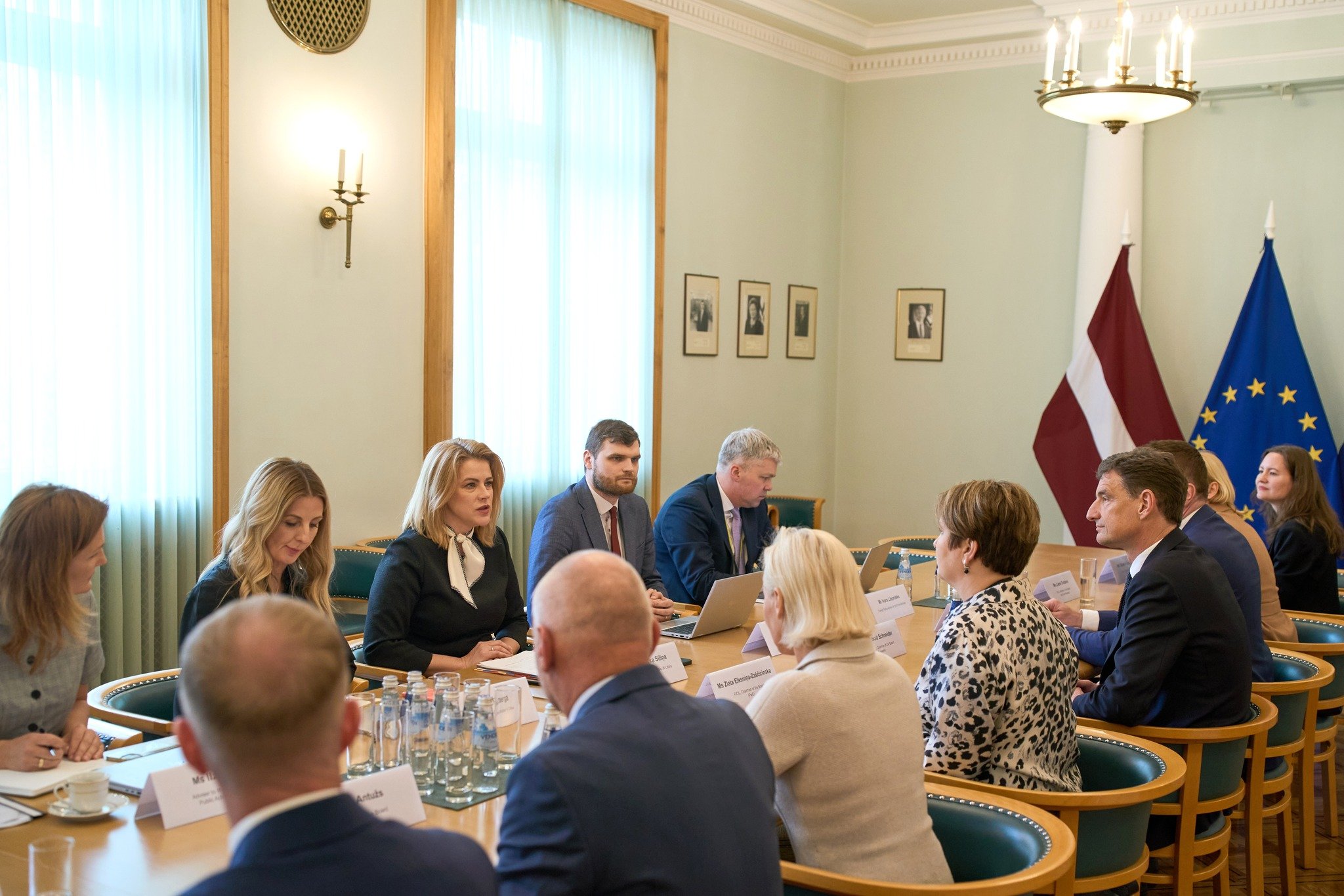Foreign investors’ assessment of the overall investment climate in Latvia reached its lowest rating of 1.9 points out of 5. In comparison to 2022, the rating has fallen by 0.4 points. This is the conclusion of the “Sentiment Index 2023” research by the Foreign Investors’ Council in Latvia (FICIL) and Dr. Arnis Sauka from the Stockholm School of Economics in Riga (SSE Riga).
“Currently, the foreign investors in Latvia feel insecure – the number of businesses planning to continue investment in Latvia has decreased from 79% in 2022 to 67% in 2023. Investors point to long-term unresolved problems that hinder both the competitiveness of Latvia and the attraction of new investments. For example, the lack of labour availability, low quality of education, a high level of bureaucracy, and a lack of investment incentives. Moreover, the high level of bureaucracy leads to increased workload and business costs, resulting in raised prices for customers. The main challenge is defining a long-term vision for Latvia, as a clear roadmap of necessary changes is needed. A long-term vision is necessary for investors to feel safe and welcome in Latvia,” comments Zlata Elksniņa-Zaščirinska, the Country Managing Partner at PwC Latvia and the Chairperson of the FICIL Board.
Investors rate the investment climate in Latvia with the lowest rating in the history of the research. When asked about the reasons for the low assessment, most investors highlight the geopolitical situation, as well as, the lack of skilled workforce, high labour costs, and the quality of policies. At the same time, investors assessed the work of policymakers in attracting investment with 2.4 points on the 5-point scale. That is the lowest rating since 2017. While communication with the policymakers has improved, as has their willingness to open a dialogue, investors point to a lack of real action and changes. The lack of vision for the country prevents Latvia’s economic competitiveness.
This year, the annual Sentiment Index research focused on the administrative burden, highlighting it as an important factor hindering Latvia’s competitiveness and investment attraction. The high administrative burden in Latvia is caused by a high level of bureaucracy, a lack of coordination between the public sector institutions and measurable KPIs for them, and a complex regulatory framework. The administrative burden is observed in all areas – construction and site development; employment and labor market; judicial system; tax administration, etc. Investors highlight that the administrative burden leads to a significantly increased workload for staff, higher business costs. This creates a sense of uncertainty, discouraging further investments in Latvia.
The critical analysis highlights the main public administration challenges. These are associated with the human capital development, modernisation of the public administration, transparency and predictability, as well as, promotion of fair competition between the state-owned companies and private businesses. In view of the foreign investors, the least progress has been observed in the above-listed areas over the past year, therefore investors are demanding immediate action from the policymakers!
Overall, only 67% of investors confirmed that they plan to continue investments in Latvia, which is one of the lowest ratings in history of the research. Several investors acknowledge that it has become easier to invest in other Baltic States, due to a lower bureaucracy level and a larger internal market. Those investors who have not set their investment plans expect a clear vision of the country’s development.
On 26th April, FICIL will hold the event – Sentiment Index 2023: Administrative Burden Edition. During the event, the public sector representatives, ministers, investors, and guests will discuss and debate the research results. The event will be moderated by the journalist Jānis Domburs. The discussion will be live-streamed on FICIL’s YouTube channel and on the Latvian social media portals https://www.lsm.lv/ and https://eng.lsm.lv/.


















